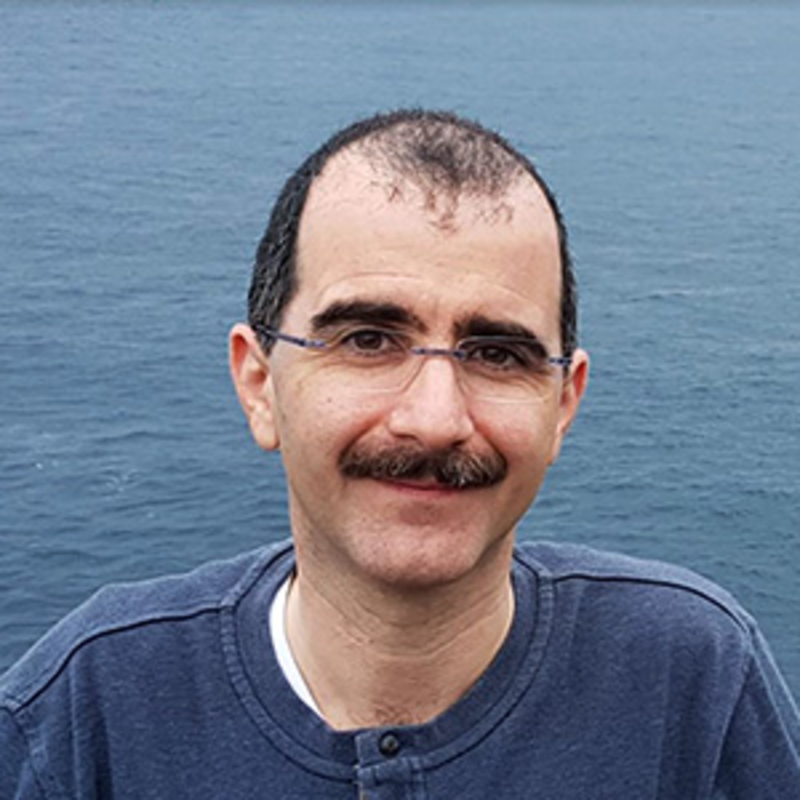Meet our invited speakers for the Glyco26. To learn more about each individual speaker, please click on the photos below. Speakers are arranged by the first alphabet of surname but starting from a randomized alphabet each time.














Meet our invited speakers for the Glyco26. To learn more about each individual speaker, please click on the photos below. Speakers are arranged by the first alphabet of surname but starting from a randomized alphabet each time.

